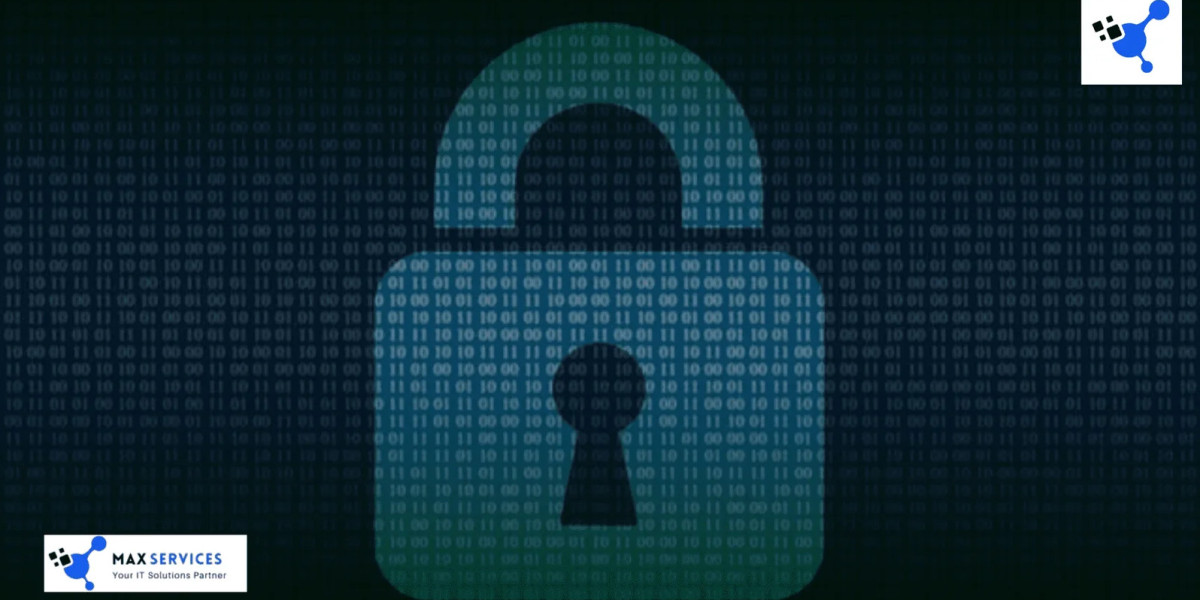Understanding Apple’s Spyware Warning System
Imagine receiving a notification from Apple stating that your iPhone is being targeted by a sophisticated spyware attack. The message might read: "Apple has detected that you are being targeted by a mercenary spyware attack attempting to remotely compromise the iPhone associated with your Apple ID."
This system is designed to identify and warn individuals targeted by highly advanced spyware, typically deployed by nation-state actors or mercenary groups. These attacks predominantly focus on individuals in high-risk roles, such as journalists, human rights activists, and government officials.
However, Apple does not provide direct intervention. Instead, it advises affected users to seek assistance from independent organizations like Access Now, Amnesty Tech, or Citizen Lab. This approach has faced criticism, raising concerns about whether Apple should offer more comprehensive support.
Why Most Users Will Never See a Spyware Warning
Fortunately, the majority of iPhone users will never encounter such alerts. Apple emphasizes that these warnings are intended for individuals specifically targeted due to their profession, influence, or access to valuable information. Unlike common cyber threats, mercenary spyware attacks are highly complex and resource-intensive, making them rare.
Apple’s notifications are delivered through multiple channels to ensure users receive them:
A threat notification displayed when signing into an Apple account.
Email and iMessage alerts sent to registered addresses and phone numbers.
How to Check if Your iPhone security
Even if you’re not a high-profile target, it’s essential to stay vigilant against spyware threats. Regular software updates and periodic device restarts can help mitigate risks. Additionally, security apps can assist in detecting potential compromises.
Recommended Security Apps:
iVerify: A long-established security tool that scans for vulnerabilities and signs of compromise. It’s user-friendly and serves as a solid first line of defense.
Am I Secure?: Developed by Numbers Station, this app offers advanced spyware detection, including AI-powered diagnostics. Used by government agencies, it can identify threats like NSO Group’s Pegasus spyware. While basic scans are free, advanced features require a subscription. Importantly, the app does not access sensitive user data such as contacts, camera, or microphone.
If a security scan detects a potential compromise, users are advised to seek professional forensic analysis from organizations like Citizen Lab.
Numbers Station: Protecting Governments from Spyware Attacks
Numbers Station’s security tools, including Am I Secure?, are widely used by NATO governments and other high-level entities to protect personal and state-owned devices from advanced cyber threats.
Their iOS/iPadOS “Standalone Analyzer” is designed for high-security environments. Operating on air-gapped networks, it prevents external access while detecting system anomalies. This proactive approach has been instrumental in uncovering sophisticated spyware operations.
For example, government cybersecurity teams can upload diagnostic files to a secure internal system for analysis. Experts then review the results and respond swiftly to any detected threats.
The Challenge of Detecting Advanced Spyware
Identifying nation-state-level spyware remains a daunting challenge. Apple’s iOS security architecture, including sandboxing, restricts deep analysis, limiting the ability of security tools to conduct thorough scans. Most security solutions can only check for basic compliance, such as ensuring the device isn’t jailbroken and is running the latest App development.
Numbers Station’s tools address this limitation by focusing on detecting system anomalies rather than relying on known indicators of compromise (IoCs). This approach enhances the ability to identify previously unknown spyware threats.
How to Protect Your iPhone from Spyware
While high-profile individuals are the primary targets, all users can take proactive steps to strengthen their iPhone’s security:
Keep Your Software Updated – Always install the latest iOS updates to stay protected against emerging threats.
Restart Your iPhone Regularly – A simple restart can disrupt certain spyware operations, temporarily severing their access.
Enable Two-Factor Authentication (2FA) – Adding an extra security layer to your Apple ID makes unauthorized access more difficult.
Avoid Suspicious Links and Messages – Be wary of unsolicited messages containing links or attachments, common delivery methods for spyware.
Use Security Apps – Install trusted security tools like iVerify or Am I Secure? to scan for potential threats.
Monitor App Permissions – Regularly review app permissions to ensure unnecessary access isn’t granted to sensitive features like your microphone or camera.
Seek Expert Help if Targeted – If you suspect a compromise, contact organizations like Access Now, Amnesty Tech, or Citizen Lab for professional analysis.
Conclusion
Apple’s spyware warning system underscores the growing sophistication of cyber threats targeting mobile devices. While the average user is unlikely to be affected, high-risk individuals must remain vigilant. By using tools like Am I Secure?, keeping devices updated, and following best security practices, iPhone users can reduce the risk of spyware attacks.
Apple’s reliance on non-profits for follow-up support highlights the complexities of combating these threats. As cyber risks evolve in cybersecurity, both tech companies and users must stay proactive to outpace attackers. By leveraging advanced detection tools and adopting robust security measures, iPhone users can better safeguard their devices and data.








